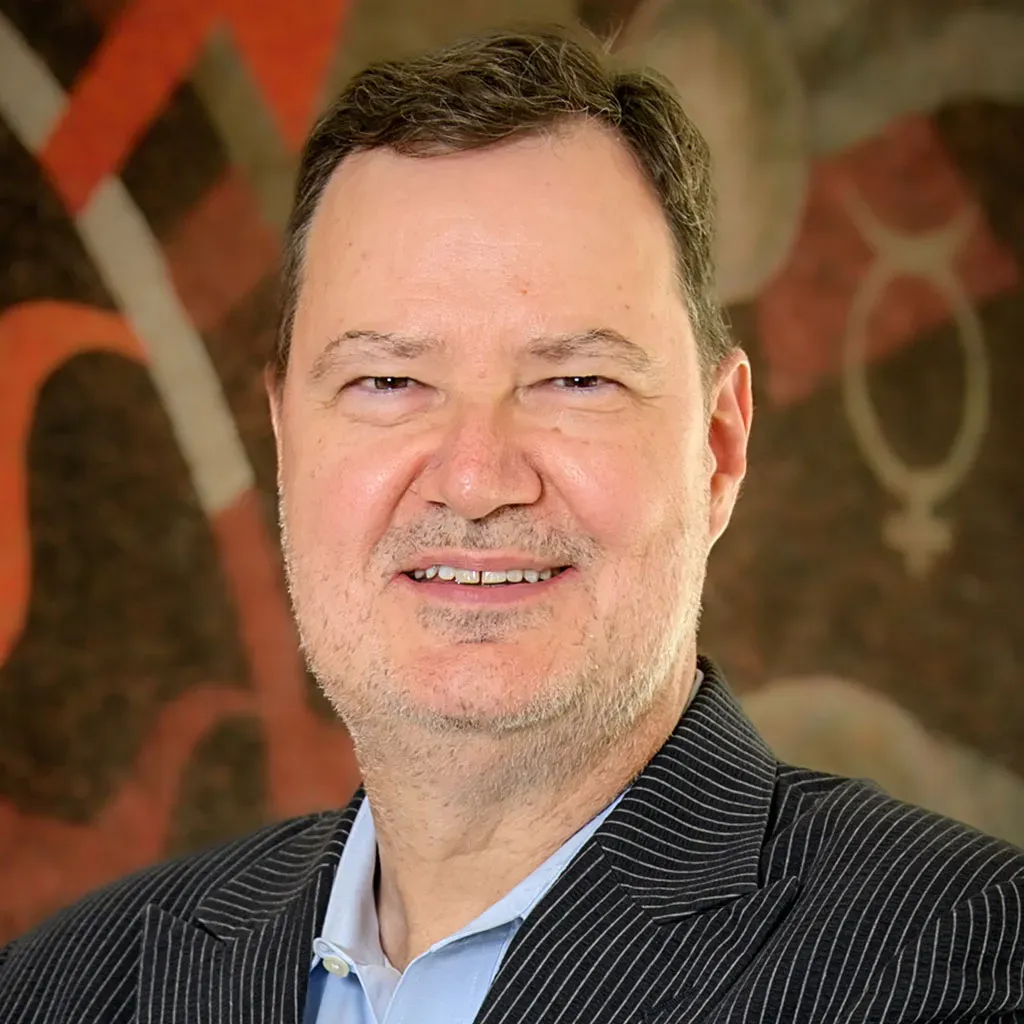Richard Willson

Richard Willson
Distinguished Visiting Professor in Biotechnology Engineering
Institute for Obesity Research and the School of Medicine and Health Sciences
Expertise
Medical diagnostics
Molecular biology
Bioseparations
Immunochromatographic diagnostics
Process analytical technology (PAT)
Overview
Dr. Richard Willson has an extensive career at the University of Houston, where he is Huffington-Woestemeyer Professor of Chemical and Biomolecular Engineering and Biochemistry. He is also Co-Principal Investigator of the U.S. FDA's Southwest-Midwest National Pediatric Device Innovation Consortium (SWPDC). He has been an affiliate in the Quantitative and Computational Biology program at Baylor College of Medicine since 2008 and a prominent senior affiliate member in the Cancer program at the Houston Methodist Research Institute since 2007. He was theme leader in Diagnostics at the NIH Western Regional Center of Excellence in Biodefense and Emerging Infectious Diseases.
Richard Willson’s work focuses on the development of diagnostics for infectious diseases and metabolic disorders and the development of new pharmaceuticals. He and his research group work on biomolecular recognition using monoclonal antibodies and aptamers. They explore the techniques of expression, mutagenesis, fluorescence anisotropy (kinetics), and titration calorimetry.
In the area of bioseparations, his recent work focuses on antibody purification. In the area of molecular diagnostics and sensors, he is using computer technology to identify viruses vs. human DNA. He is also working on a diagnostic that uses a method similar to glow-in-the-dark materials for easier home-based detection by ultra-sensitive lateral flow immunoassays.
Back in 2012 and due to his expertise in nucleic acid purification, he was selected to serve on the founding Technical Advisory Board of Moderna, Inc., which later developed the mRNA-based vaccine for COVID-19.
Richard Willson joined Tecnológico de Monterrey as a Distinguished Visiting Professor in Biotechnology Engineering for the Institute for Obesity Research and the School of Medicine and Health Sciences.
Education and Training
- Postdoctoral fellow, Biology, Massachusetts Institute of Technology (MIT)
- Ph.D., Chemical Engineering, Massachusetts Institute of Technology (MIT)
- M.Sc., Chemical Engineering, California Institute of Technology (Caltech)
Publications
-
Goux, Heather & Vu, Binh & Wasden, Katherine & Alpadi, Kannan & Kumar, Ajay & Kalra, Bhanu & Savjani, Gopal & Brosamer, Kristen & Kourentzi, Katerina & Willson, Richard. (2023). Development of a quantitative fluorescence lateral flow immunoassay (LFIA) prototype for point-of-need detection of anti-Müllerian hormone. Practical Laboratory Medicine. 35. e00314. 10.1016/j.plabm.2023.e00314.
-
Lei, Rongwei & Vu, Binh & Kourentzi, Katerina & Soomro, Sanam & Danthanarayana, Adheesha & Brgoch, Jakoah & Nadimpalli, Suma & Petri, Michelle & Mohan, Chandra & Willson, Richard. (2022). A novel technology for home monitoring of lupus nephritis that tracks the pathogenic urine biomarker ALCAM. Frontiers in Immunology. 13. 10.3389/fimmu.2022.1044743.
-
Nandy, Suman & Crum, Mary & Wasden, Katherine & Strych, Ulrich & Goyal, Atul & Maranholkar, Vijay & Mo, William & Vu, Binh & Kourentzi, Katerina & Willson, Richard. (2022). Protein A–Nanoluciferase fusion protein for generalized, sensitive detection of immunoglobulin G. Analytical Biochemistry. 660. 114929. 10.1016/j.ab.2022.114929.
-
Ortiz-Martinez, Margarita & González-González, Mirna & Martagon, Alexandro & Hlavinka, Victoria & Willson, Richard & Rito-Palomares, Marco. (2022). Recent Developments in Biomarkers for Diagnosis and Screening of Type 2 Diabetes Mellitus. Current Diabetes Reports. 22. 10.1007/s11892-022-01453-4.
-
Chavan D, Chen H, Crum M, Vu B, Safari M, Smith M, Vekilov P, Conrad JC, Kourentzi K, Willson RC., "Neutral DNA-avidin nanoparticles as ultrasensitive reporters in immuno-PCR." Analyst. doi: 10.1039/d0an00134a., 2020